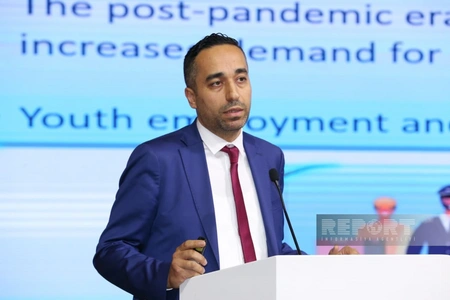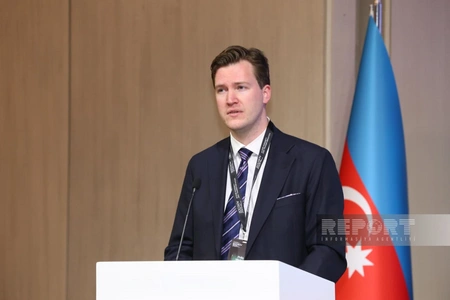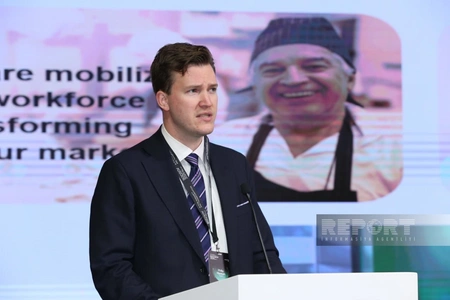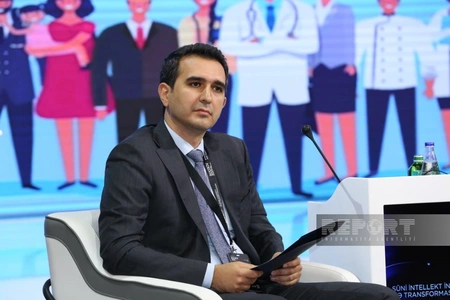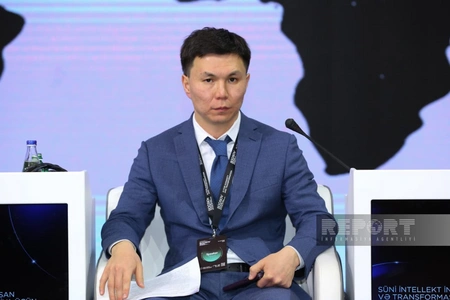Future of labor markets, digital entrepreneurship discussed at SOCGOV 2025
- 24 October, 2025
- 17:54
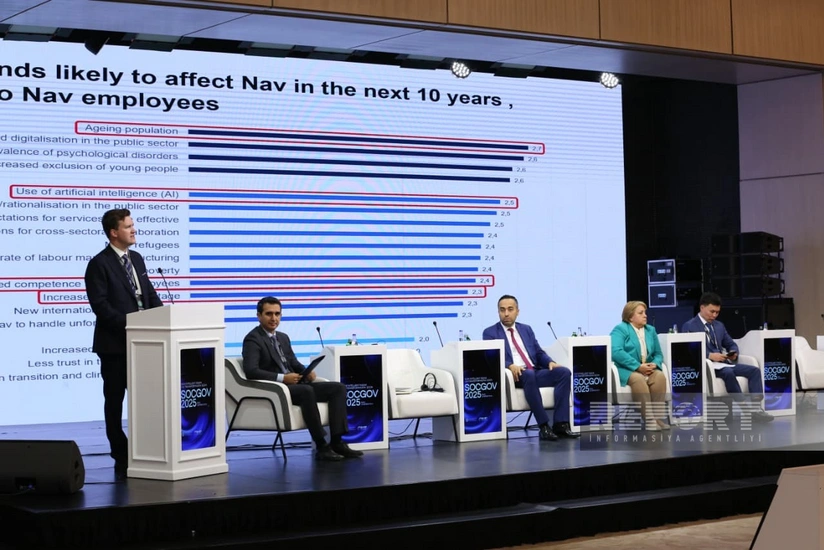
As part of the SOCGOV 2025: AI for Humans and Transformation international conference held in Baku, a panel discussion was held themed The Future of Labor Markets, Skills Development, and Digital Entrepreneurship.
According to Report, Philip Madsen, Legal Advisor at the Benefits Department of Norway's Labor and Welfare Administration, shared his country's experience:
"By 2035, demographic changes will lead to an increase in the elderly population, which will inevitably impact the labor market. Workforce shortages are already emerging, and this will be especially felt in the healthcare sector. Due to global challenges, we need new talent that can keep pace with the evolving labor market."
He added that artificial intelligence is driving socio-economic change, and this transformation will continue:
"AI is not a goal-it's a tool. Initiatives related to AI must focus on solving problems, enhancing inclusivity, and protecting people's rights and personal data as integration into public institutions increases."
Eser Erol, Employment Expert at the Foreign Relations and Projects Department of the Turkish Employment Agency, emphasized the growing need for AI in healthcare and digital platforms:
"New approaches must be developed using this technology. Labor market surveys should be conducted for future professions, and comparisons made across sectors. Digital skills are a top priority, and training programs must be organized to meet labor market demands."
Daryn Tolubayev, Head of the IT and Technical Support Department at Kazakhstan's State Social Insurance Fund, shared his country's experience with AI:
"Using AI in the social sphere reflects our progress in social development. AI solutions are advisory in nature. In Kazakhstan, we have experience with automatically determining disability status through AI. Medical documents submitted by citizens are reviewed remotely, reducing the time spent on expert evaluations and making the process more efficient."
The panel concluded with a question-and-answer session.
